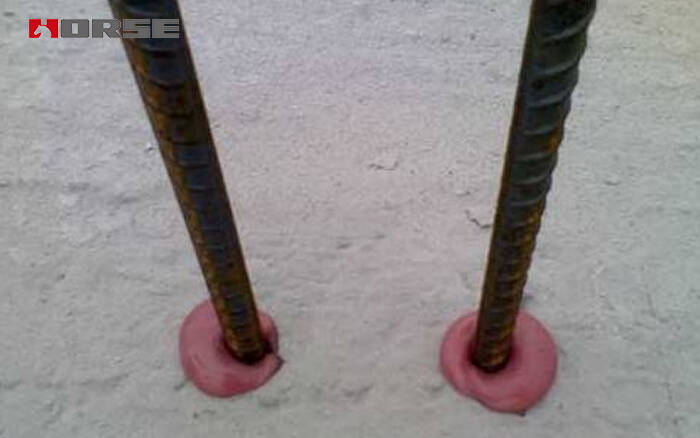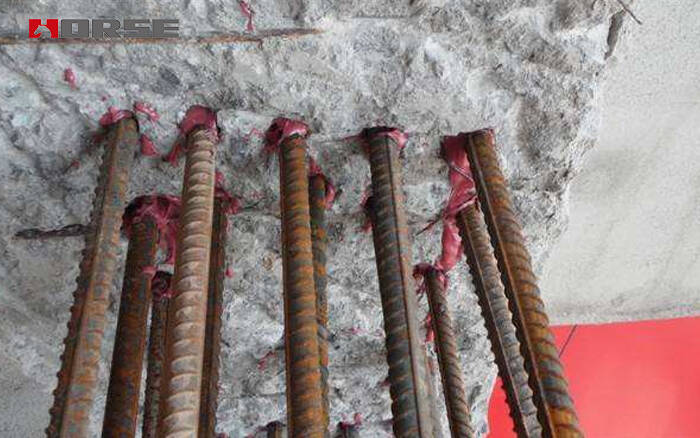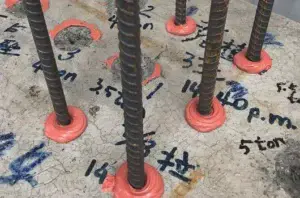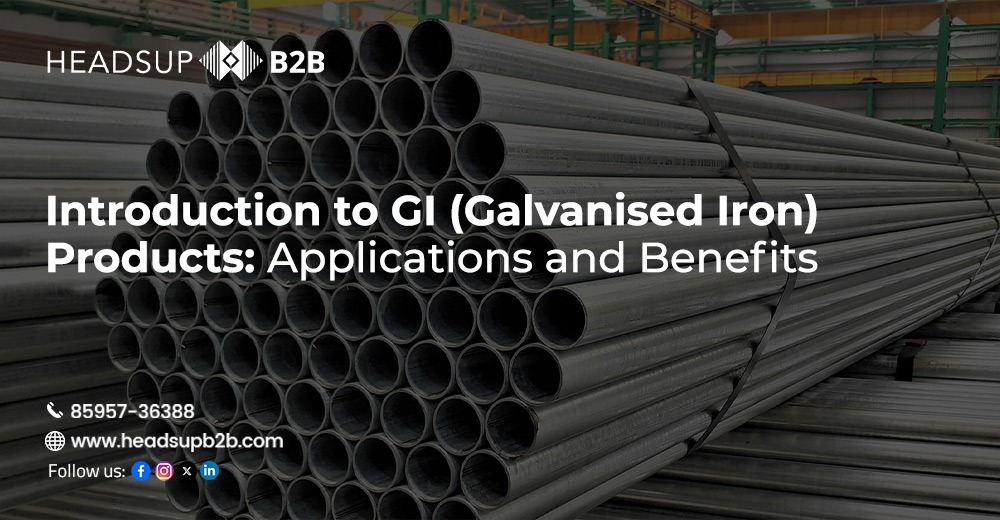2) No Stress on the Base: A perfect element for fixing close to the edge.
3) Adaptable Application: Suitable for use in concrete, masonry, hollow blocks, and wet or variable conditions.
4) Long-lasting: Will last long as it resists moisture, chemicals, and weather.
5) Flexible Installation: This enhanced mortar can be adjusted to the desired thickness and depth.
.jpeg?alt=media&token=da38a7c8-1558-4da5-89cb-6e17c8f2e35c)



.jpeg?alt=media&token=ec8f9ec4-c0a8-491c-ba6c-2333b12c4c5a)



